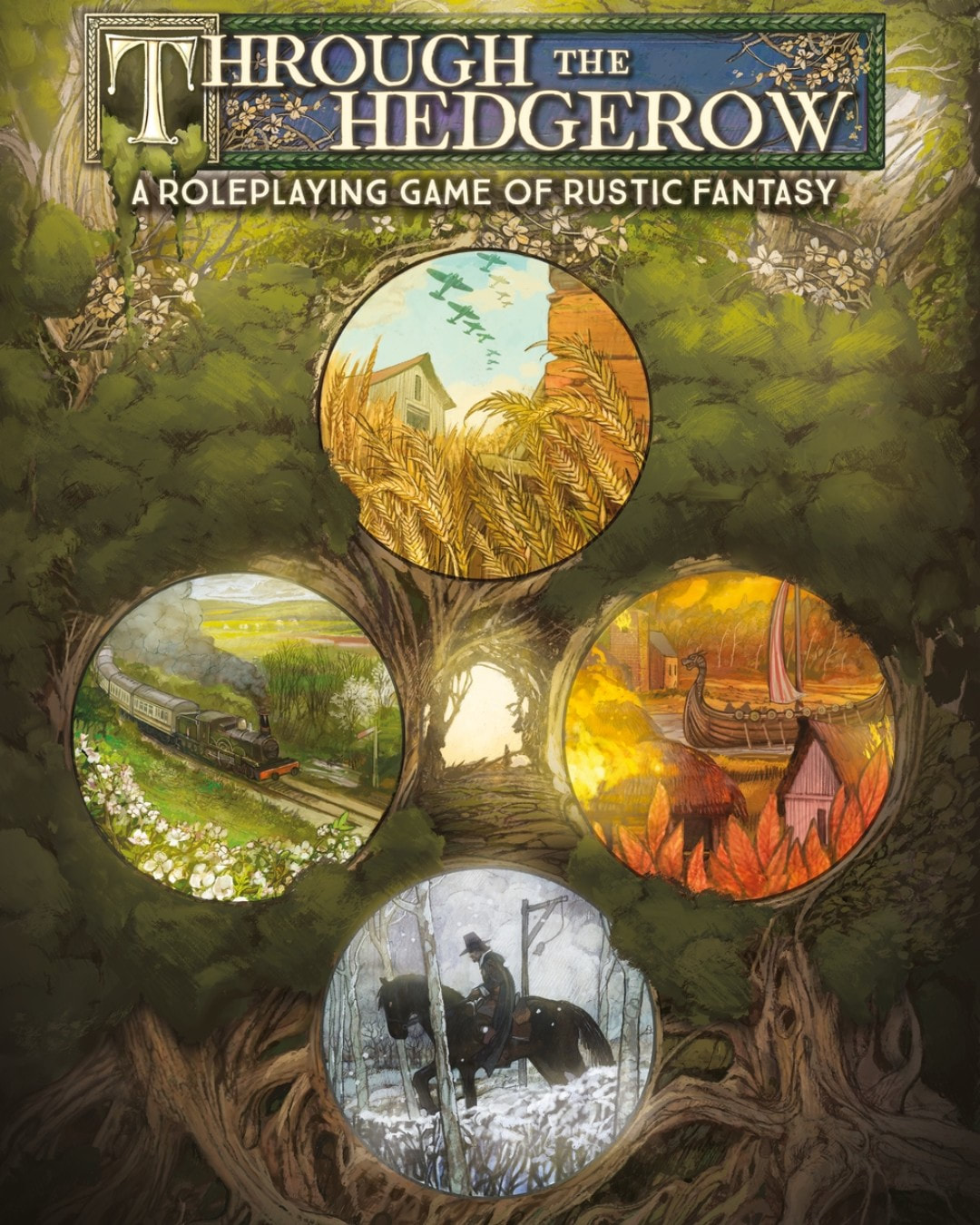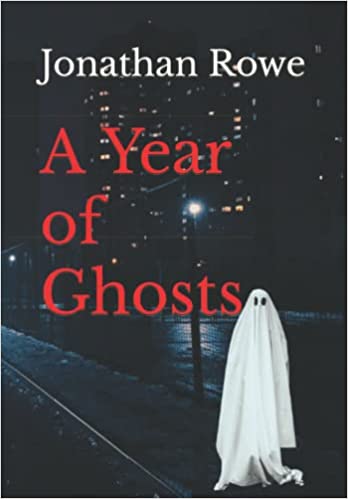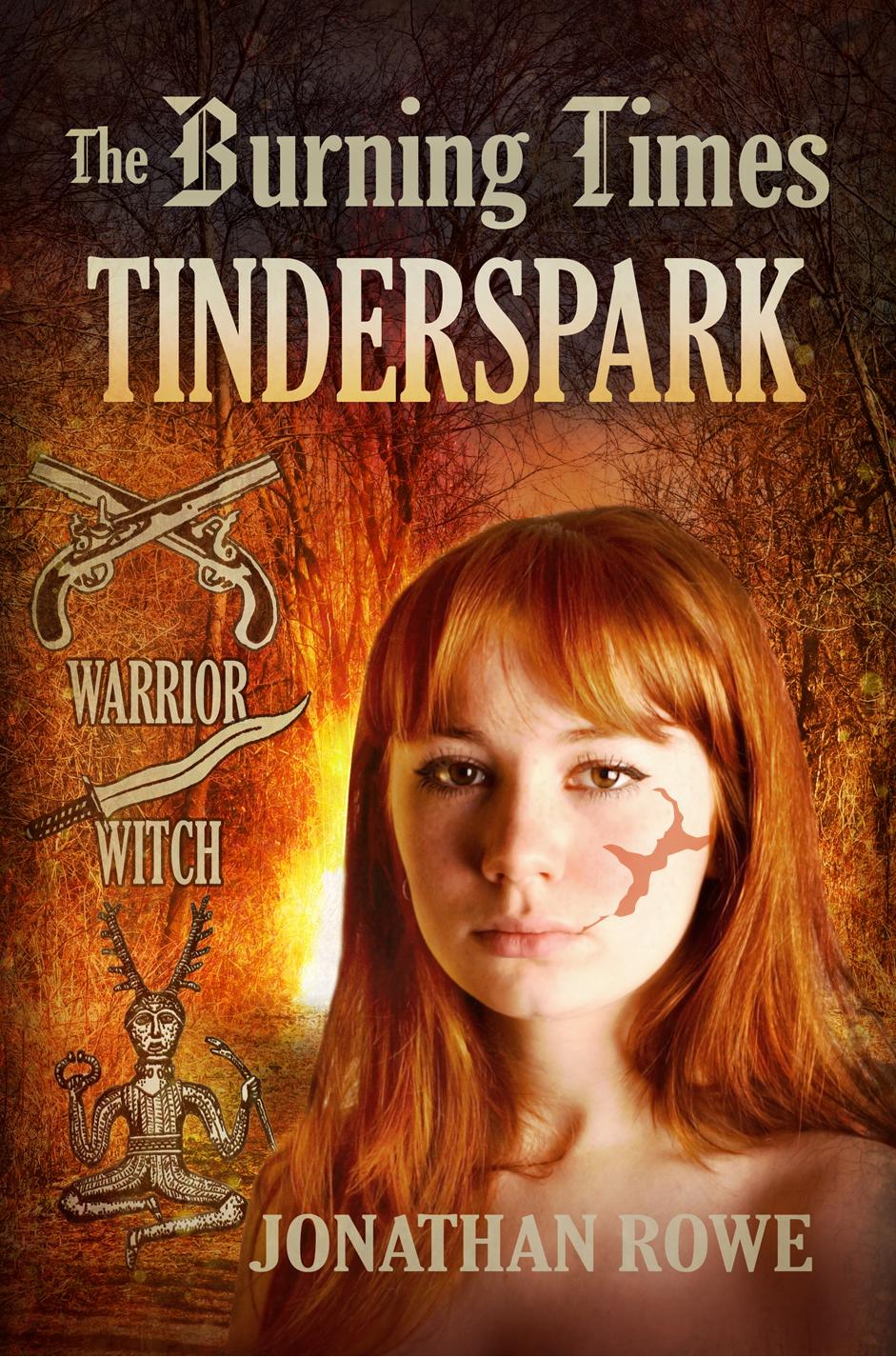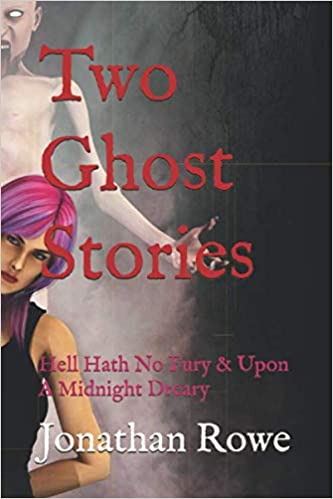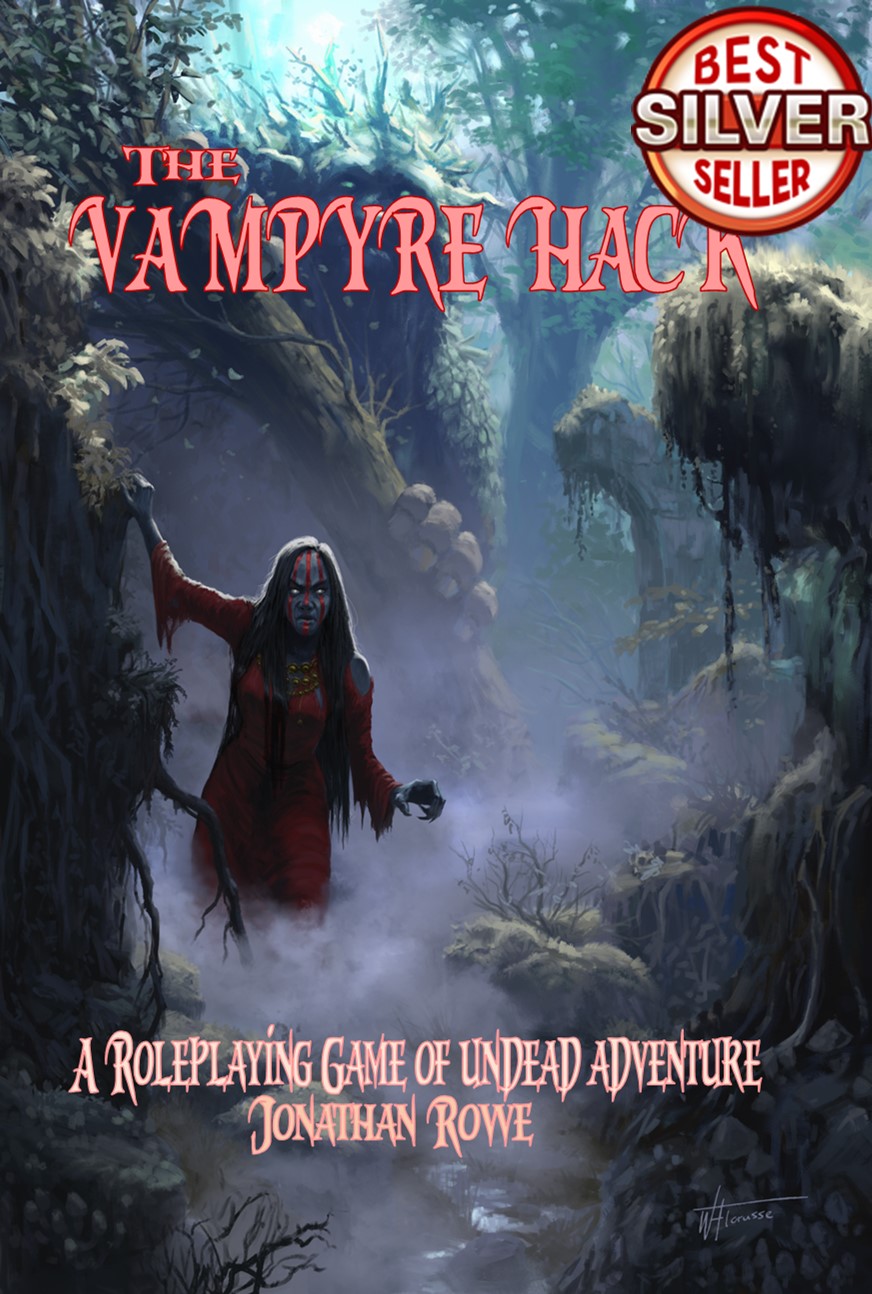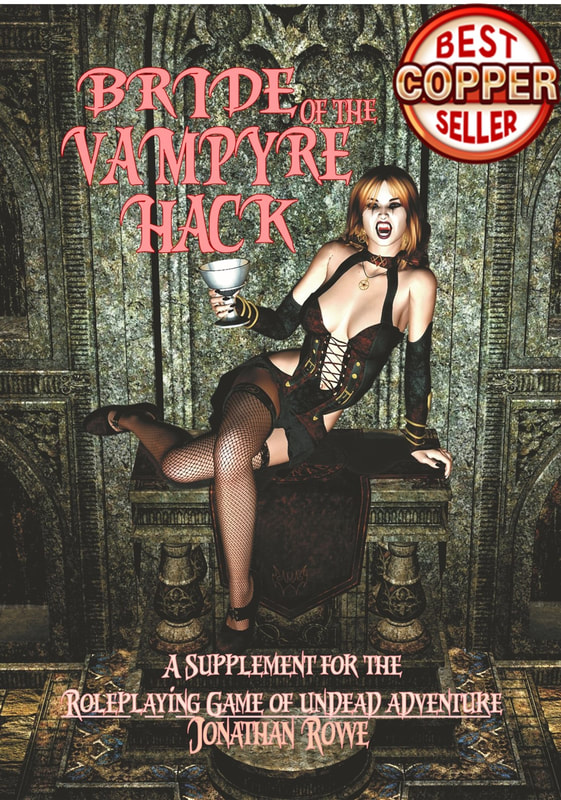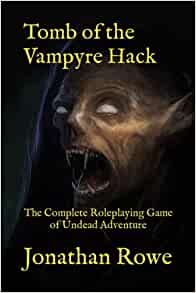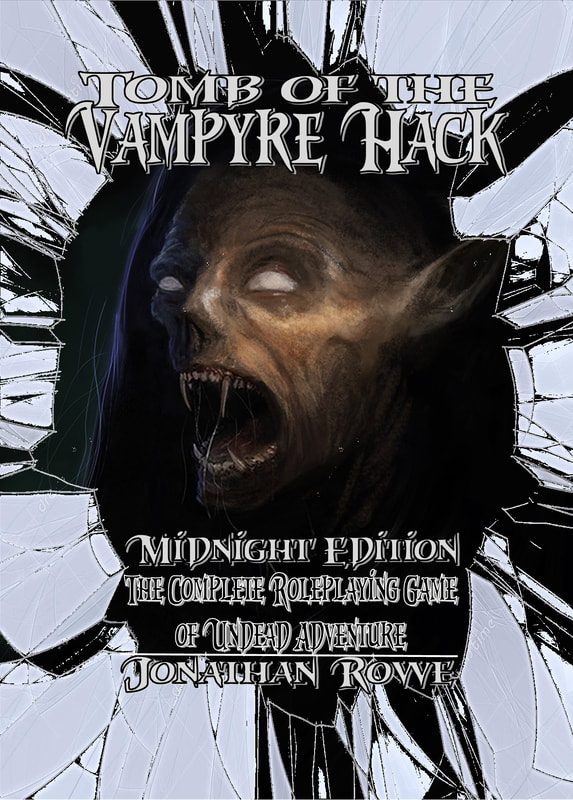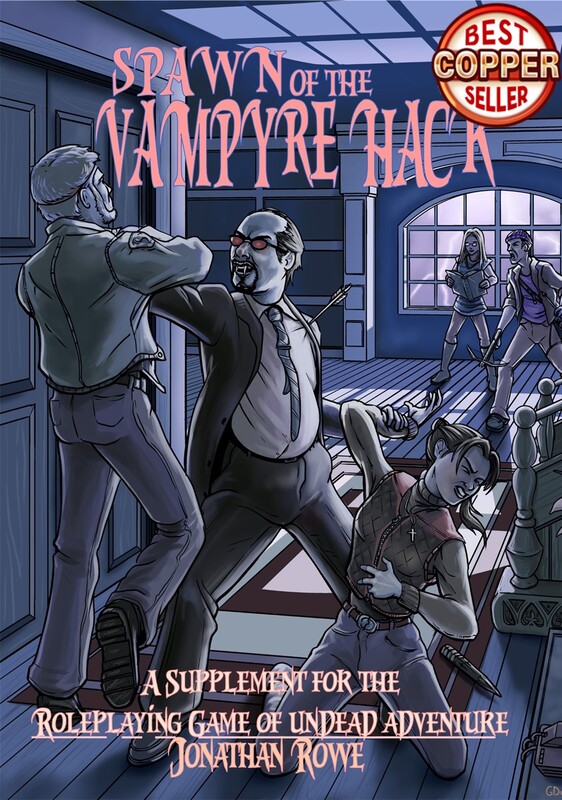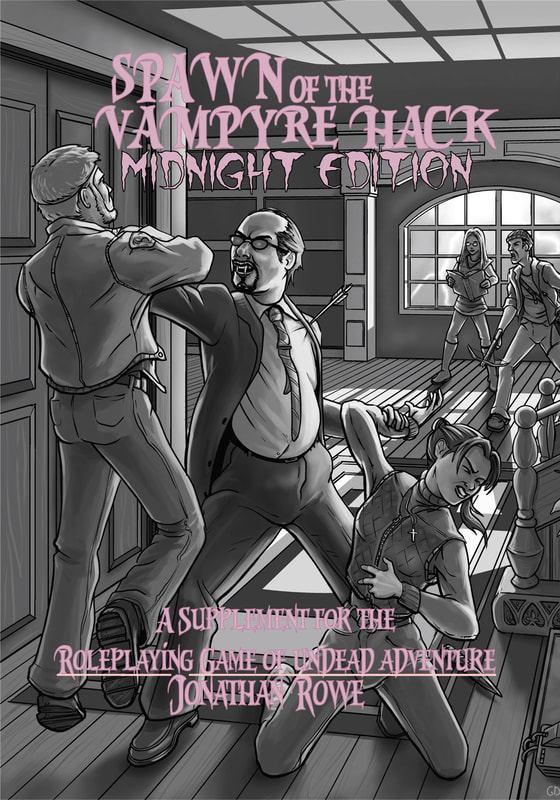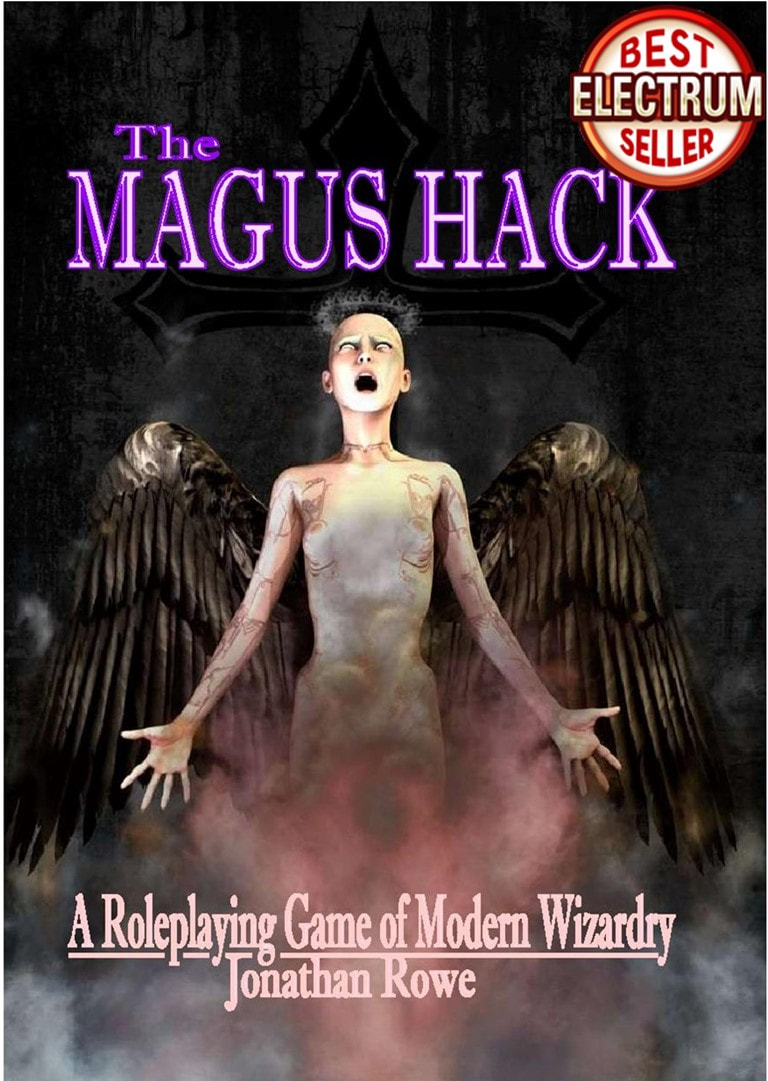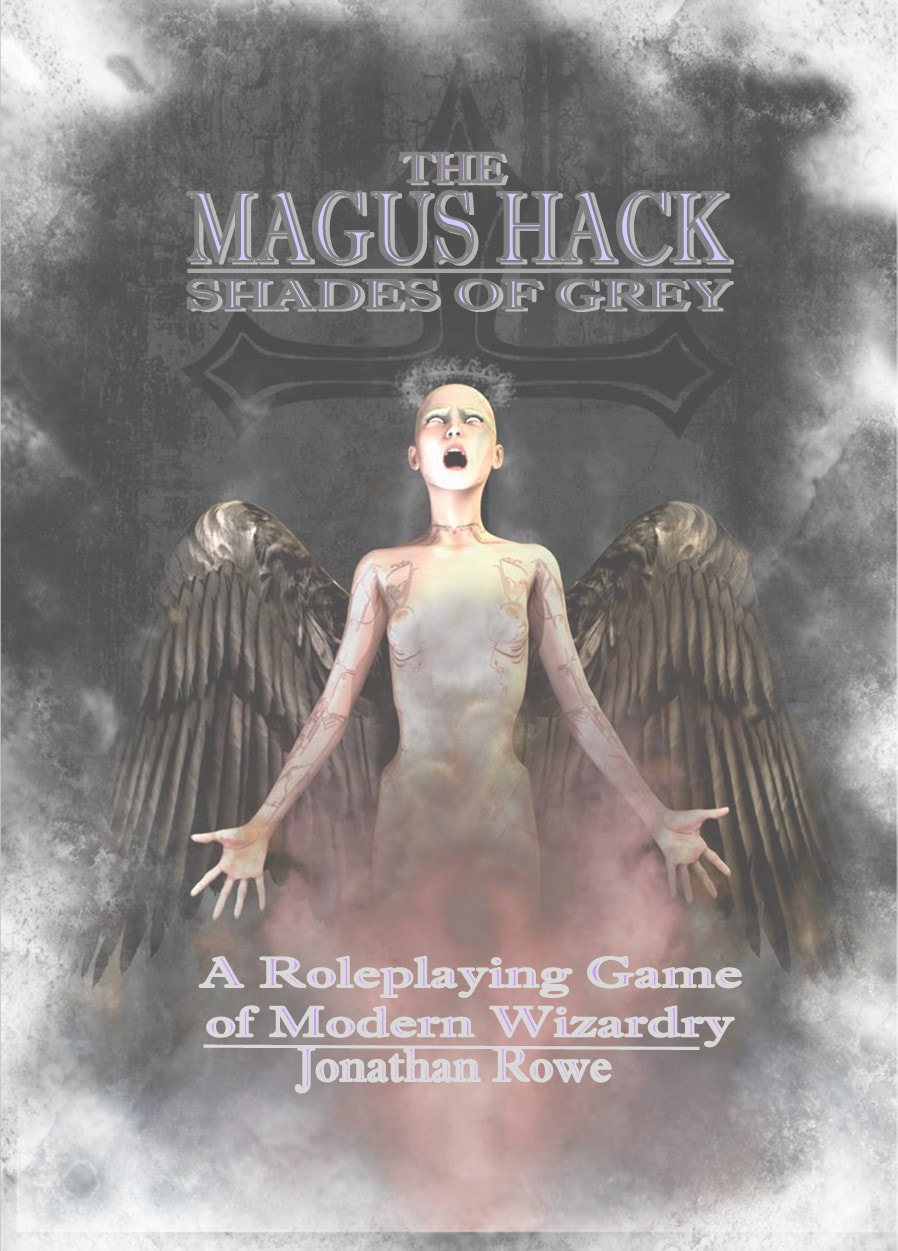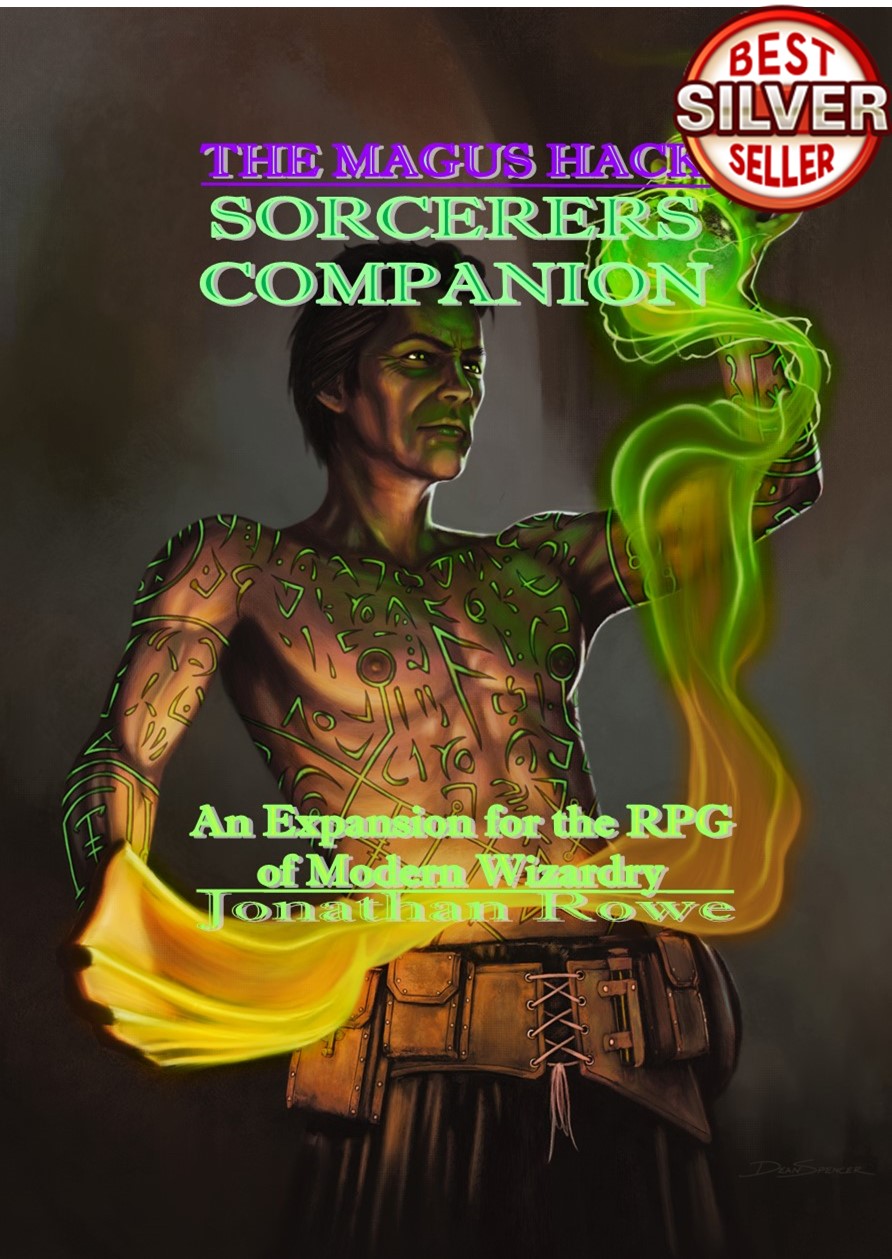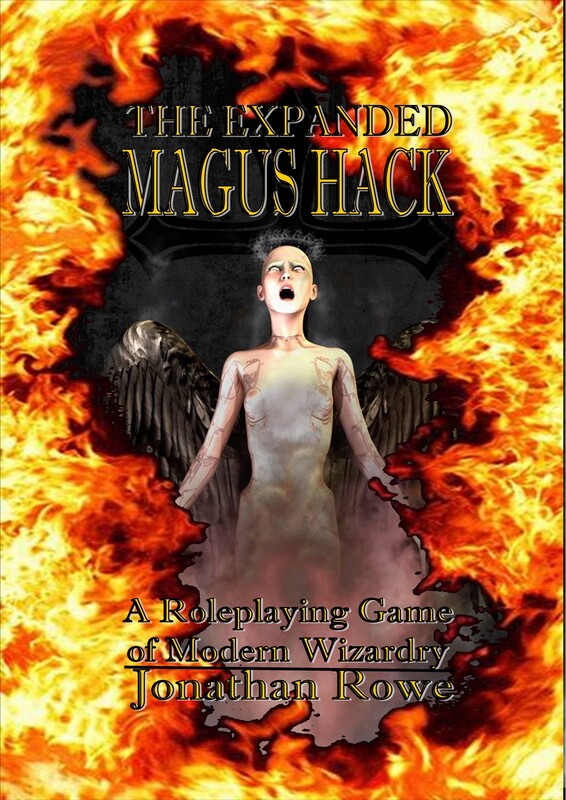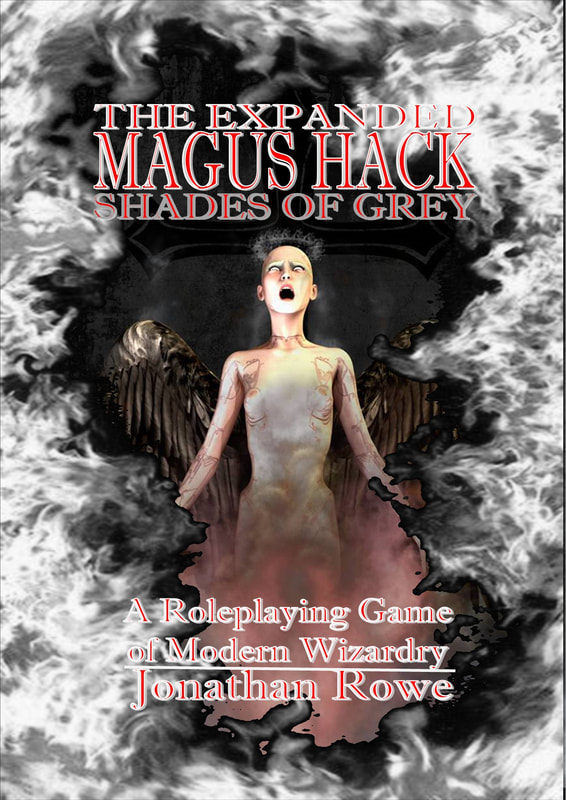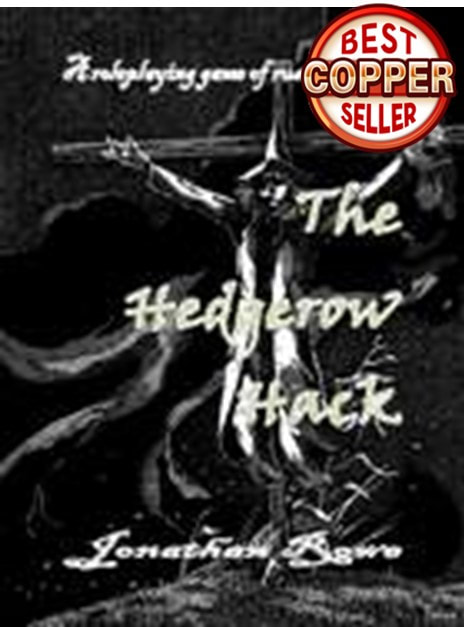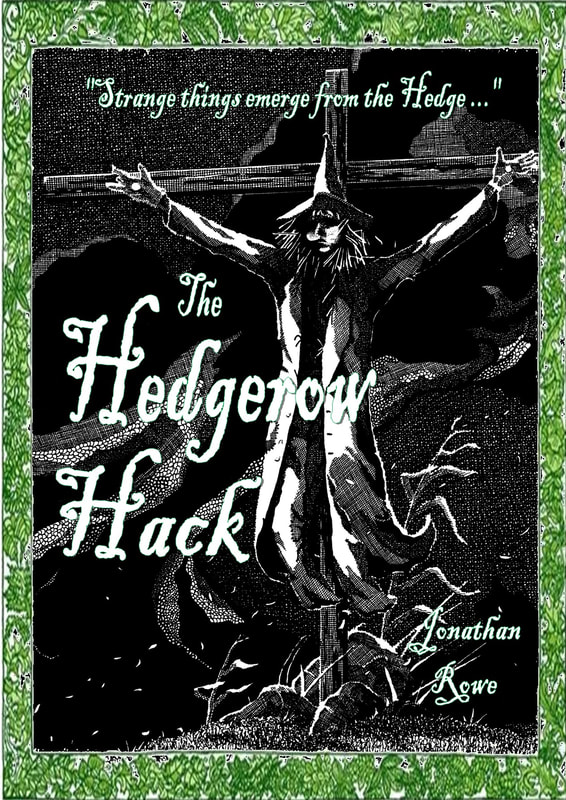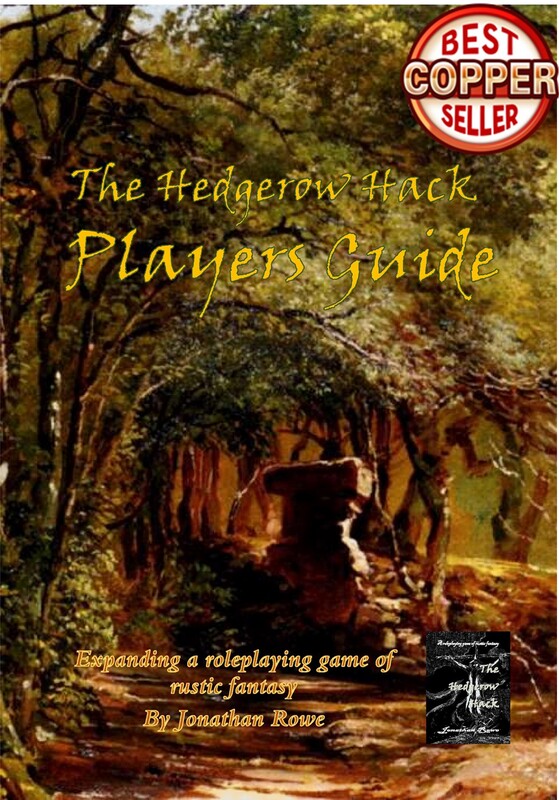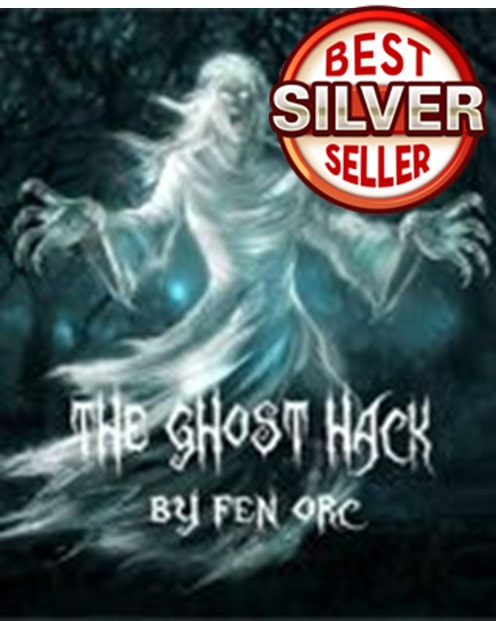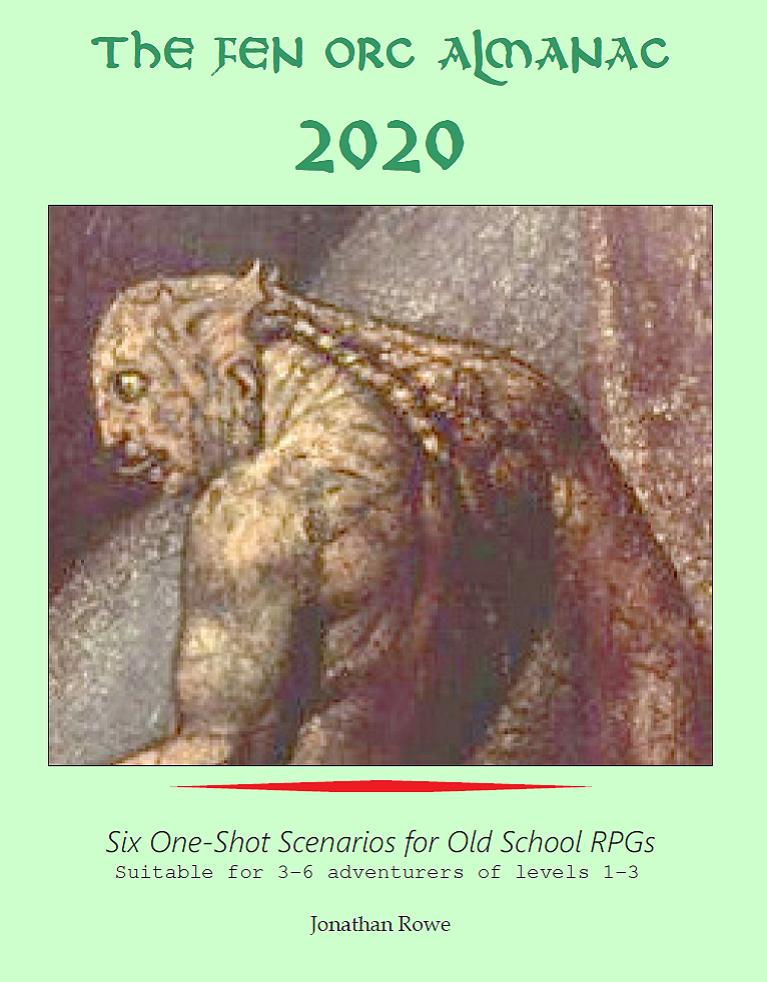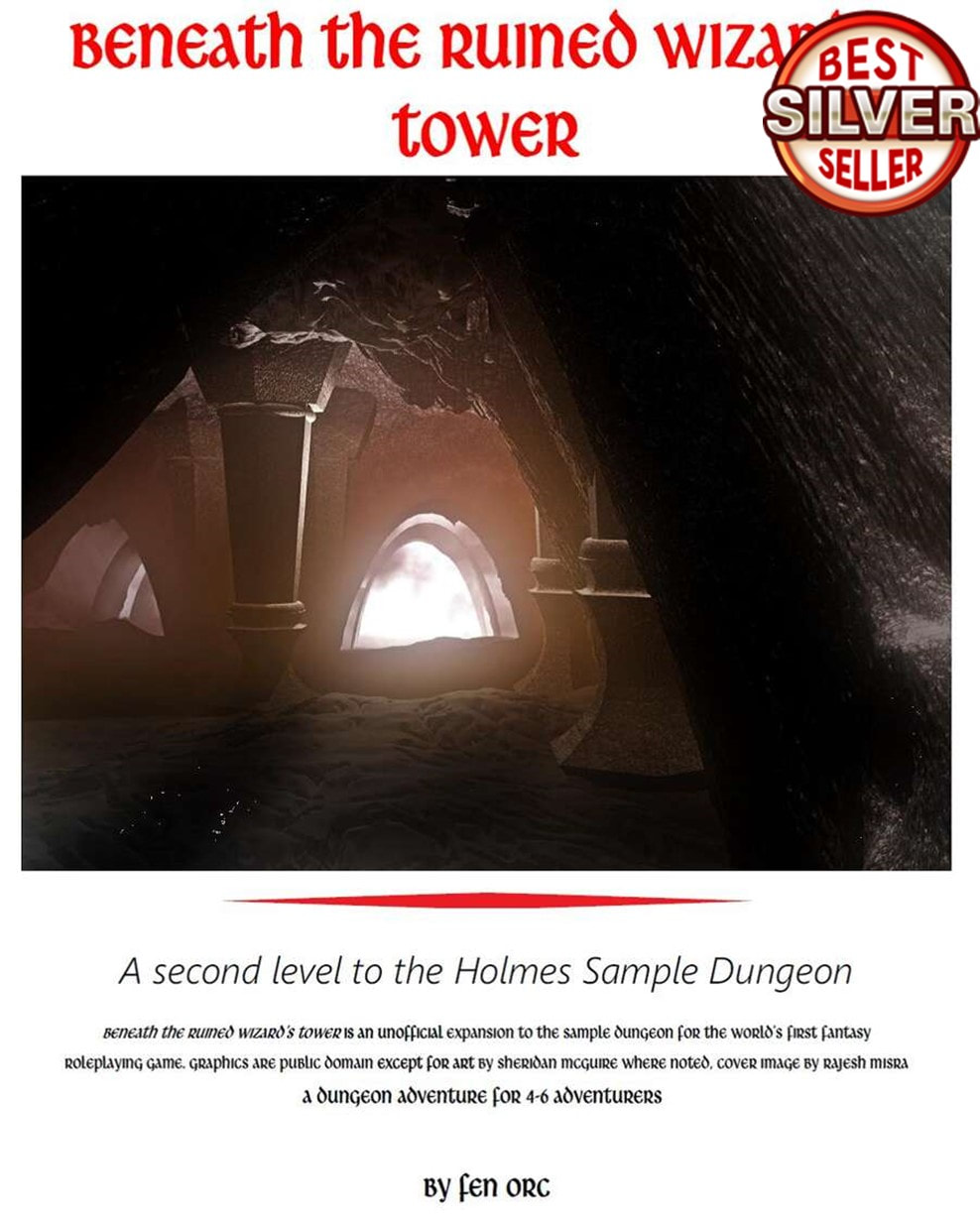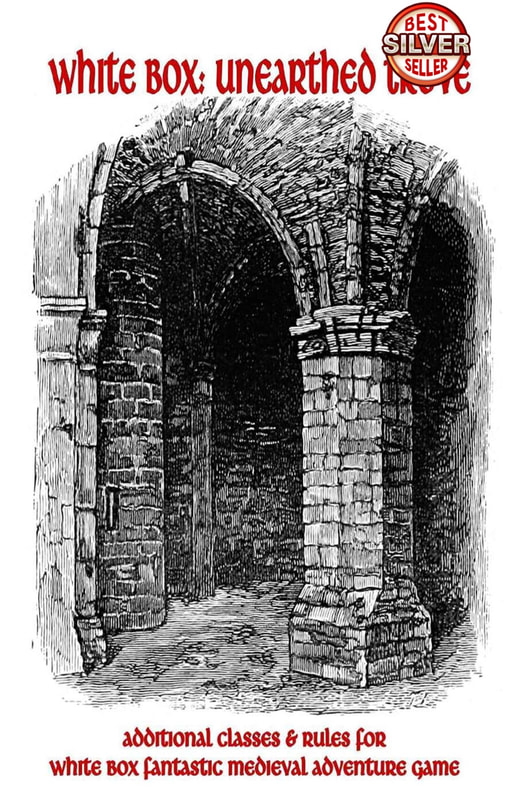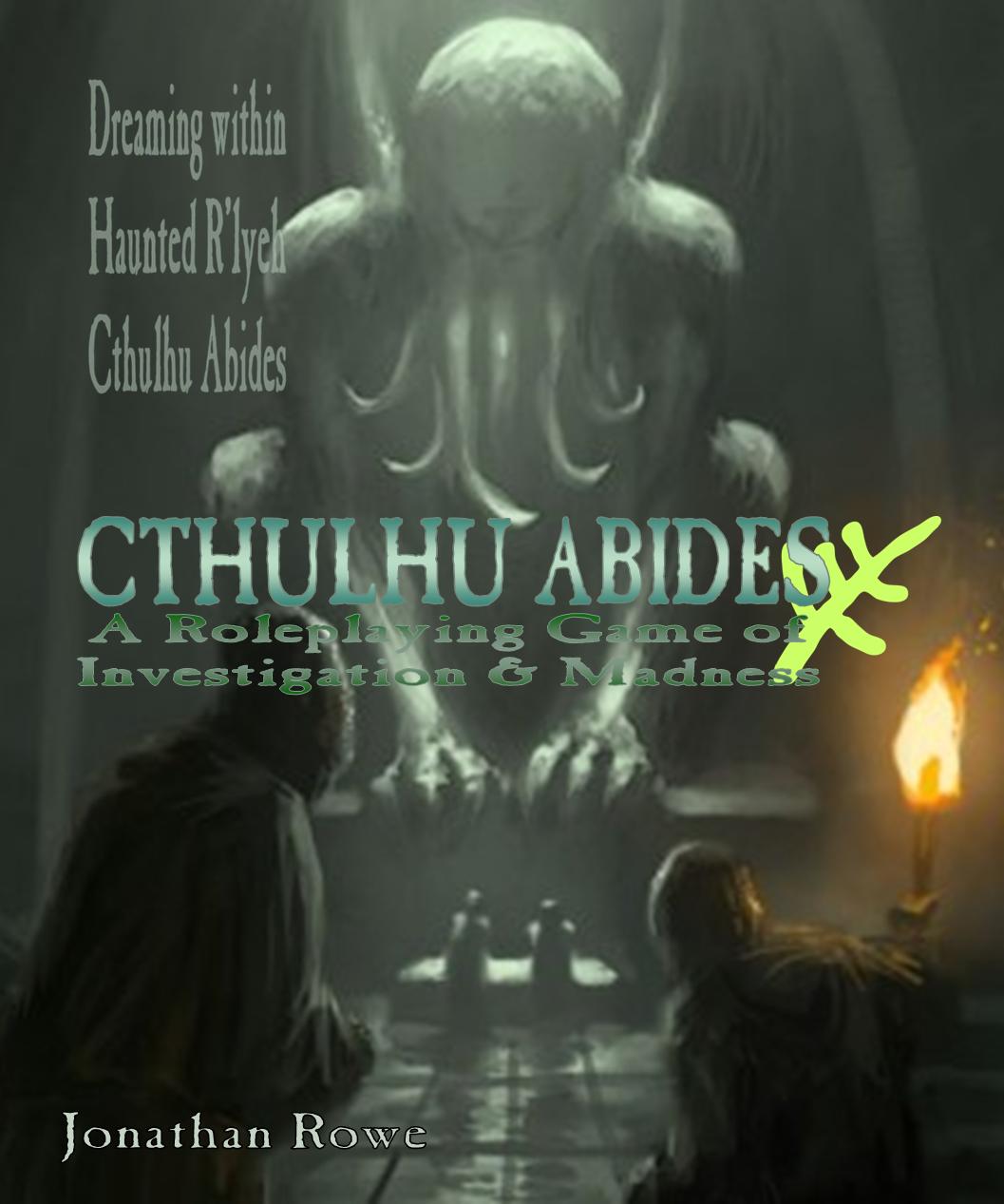|
I took a long break from running RPGs. I started working on my second edition of The Ghost Hack and then my imagination was entirely hijacked by ghost stories. I started writing a ghost story a day for the Daily Ghost (and you can see a selection in the Archives on this website). But ... I'm back, running a Cthulhu-esque scenario for some old friends over a combination of Zoom and Google Hangouts. The story is set in Ancient Egypt around 1500 BCE - more of that anon - and I was determined not to use the classic Call Of Cthulhu rules system. I went with The Cthulhu Hack and more of that anon too! You Got A Problem With The Classics?Well, yes and no. Look, I was there, back in '81, when Sandy Petersen's Call of Cthulhu landed and rewrote everything we thought we knew about RPGs: non-combatant characters, mysteries not conflict, madness not death (or maybe, as well as death), non-heroic protagonists who were hopelessly outmatched by the monsters. Seven editions in and the first ed. still has the best cover Ian Bailey's review in White Dwarf 32 (1982) gives you a flavour of how novel CoC was back then: Like everyone else, I adored CoC and its world-spanning campaign pack Masks of Nyarlathotep (1984) remains the high water mark for this sort of RPG adventure. Masks ... you just messed with the best! But CoC isn't perfect and its flaws have - for me at least - intensified over the years, perhaps due to a growing gulf between the way I like to roleplay and GM and some of the assumptions 'baked in' to early-'80s roleplaying that the game just can't shed. Partly it's the old Basic Roleplaying system that Petersen inherited from Runequest. I didn't mind Runequest with its stylised Bronze Age setting but some of the quirks in BRP became downright weird in a modern investigative setting. Like the flat percentage skill checks which meant that a Professor of Babylonian Antiquities might outright fail to read a passage in cuneiform by fluffing a Read (Ancient Babylonian) test. Not get the gist but miss the details or misinterpret a crucial passage, but outright fail to make any sense of it at all. Then there's the incentive to let the least-skilful PC attempt any task first - because the XP system rewards low-skill characters for succeeding more than high skill ones. When a lock needs to be picked, the fumble-fingered psychologists and dilettantes all have a go and only if they fail does the private detective sigh, step forward and spring the lock. And of course the Sanity system with its infamous SAN checks, that results in characters either being utterly unfazed by whatever they see, or turning into gibbering wrecks, with nothing in between. My biggest problem was the nature of investigations themselves. In CoC it's usually vital that the PCs at some point find a secret compartment, trail a suspect or decipher a text. But if everyone fails the Spot Hidden or Read Languages roll, that simply doesn't occur. Ken Hite gets round a few of these issues in Trail of Cthulhu, which uses Robin Laws' Gumshoe system to enable a sharper focus on clue-gathering and investigation. My own Cthulhu Abides tries to tackle investigation and sanity: it's a glorious mess (in hindsight) but reviewers were very kind about my sanity rules. One of these games is a slick product by a pair of RPG luminaries; the other is by me! Keep It Simple, Shoggoth!Cthulhu Abides needs an overhaul and I'm not getting into that just now. CoC and ToC are both too clunky for my taste. I'm wanting to run a fast paced Lovecraftian adventure in an exotic setting and I want the players to focus on their characters and environment, not their skills or numbers. This gives me two choices. The two choices Eldritch Tales is a lovely product. It's a White Box adaptation of Call of Cthulhu, which means it takes the Original D&D rules architecture - six classic characteristics rolled on 3d6 each, four character classes, levels, Hit Dice, saving throws - and attaches an Insanity score and a Feat system for doing skills as well as the usual spells (very much in the D&D format), monsters, experience points and the like. The physical book is lovely, with heavy sepia-tinted pages, nice maps of New England and Arkham as well as essays on Lovecraftian sensibilities and plot construction. The D&D tropes, easy to deride for being artificial, are here presented so simply that you barely notice them and they fit in strangely well with the short mayfly existence of Cthulhoid investigators. The Feat system (roll a d6, try to get a 5 or 6, get bonuses or penalties, roll twice if it chimes with your occupation) is very elegant. You can buy Eldritch Tales (physical or PDF) from drivethrurpg. It's published by Raven God Games and is written (and largely illustrated) by Joseph D Salvador. The Cthulhu Hack is a different sort of beast: slimmer (52 pages compared to 220 pages) and altogether frothier. It takes the bare bones of David Black's versatile The Black Hack and runs with that game's innovations. TCH also takes Original D&D as its departure point, but it travels further from its parent. There are the familiar six characteristics rolled on 3d6. There are Hit Dice. But in place of fixed classes there are Archetypes and an invitation to abandon even them and construct freeform characters around a triad of potent abilities. For example, build in 'Better Alone,' 'Jack in the Hole' and 'Surprise Attack' and you've got some lone assassin or scrappy kid. TCH takes the Hack idea of resource dice. You roll these dice when you use items or powers and on a 1-2 they exhaust and shrink down to the next-lowest die; so d8s shrink to d6s and d6s shrink to d4s but when a d4 exhausts that resource is entirely gone. This beautifully abstracts things like wealth. You go around buying things until your Wealth Die completely exhausts, at which point your cheques start bouncing. But the real innovation is when this applies to investigation. You have two investigative resource dice: Flashlights (physically looking for things or researching them) and Smokes (talking to people, either nicely or through intimidation). These abilities automatically work until the die fully exhausts. Let me spell this out. Your professor has a d10 die for Flashlights. You search for a secret door. You automatically find it, but roll your die and on 1-2 it shrinks to a d8. In the secret room, you look for a hidden compartment. Again, you automatically find it, but on a 1-2 your d8 shrinks to a d6. Inside is a scroll in Babylonian cuneiform. You automatically translate it, but on a 1-2 your d6 shrinks to a d4. Once your d4 is gone, you won't be finding or translating anything else. Of course, these is deeply artificial. Just why would a character 'run out' of investigative ability? But it achieves something important in narrative terms. If the PCs look in the right place or talk to the right person, they automatically get the clue. The issue is not "will I succeed in a roll to get the clue?" but "is it worth making the roll to get a clue?" Players need to weigh up whether they are better conserving investigative resources and figuring things out by themselves, or make the rolls and risk exhausting their precious dice. The Cthulhu Hack is available as physical copy or PDF from drivethrurpg or (physical only) from Lulu. It's published by Just Crunch Games and written by Paul Baldowski. Shadows Over KarnakThe Cthulhu Hack wins the face-off, although I'd probably go with Eldritch Tales if I intended to run a proper Cthulhuesque campaign rather than this extended one-shot. Since the setting is Thebes during Egypt's 18th Dynasty, an evocative character sheet is needed: You can see I've got the six classic characteristics, with Wealth and Hit Dice abstracted as resource dice rather than scores. In place of the pulp detective themes 'Flashlights' and 'Smokes' I've got the Eyes of Ra and Horus. Sanity is replaced by Maat (the Ancient Egyptian concept of harmony and balance).
The scenario is set towards the end of the reign of Hatshepsut, Egypt's famous female pharaoh. The queen has just returned from the far-off land of Punt, bringing back a Puntite delegation who worship strange and nameless gods. Thebes becomes a party town to welcome the guests. Among all the revelry, the ageing Royal Architect is murdered and one of the PCs is implicated in the crime. Cue, investigation to unearth the true murderer and expose a plot that threatens the entire realm ... perhaps even the planet. I'll keep readers posted on how things unfold and afterwards I'll publish the scenario. The setting has already thrown up some quirky details, like the Handmaids of Isis (Thebes' frighteningly competent all-female civil service) and the danger of knowing even the slightest detail about a pharaoh's tomb.
0 Comments
|
30 Minute Dungeons
Essays on Forge
FORGE Reviews
OSR REVIEWS
White Box
THROUGH THE Hedgerow
Fen Orc
I'm a teacher and a writer and I love board games and RPGs. I got into D&D back in the '70s with Eric Holmes' 'Blue Book' set and I've started writing my own OSR-inspired games - as well as fantasy and supernatural fiction.. Archives
July 2024
Categories
All
|
||||||||

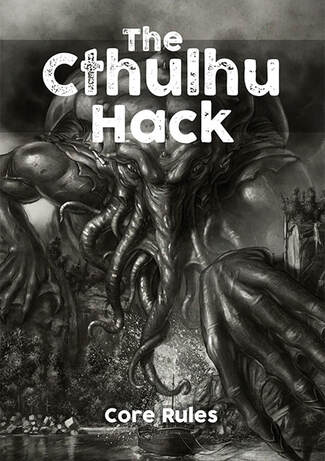
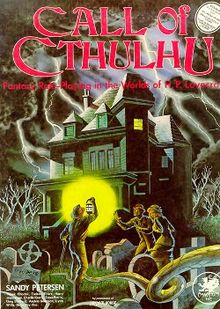
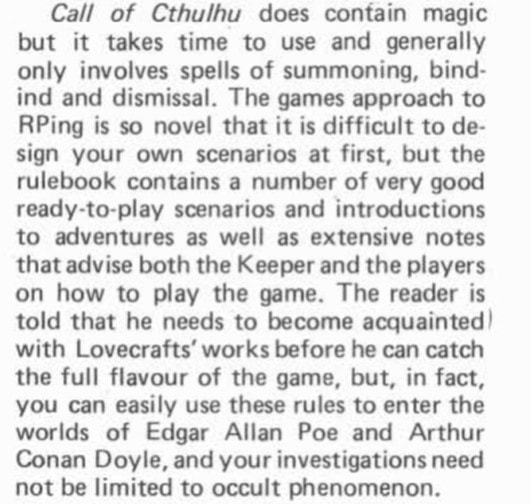
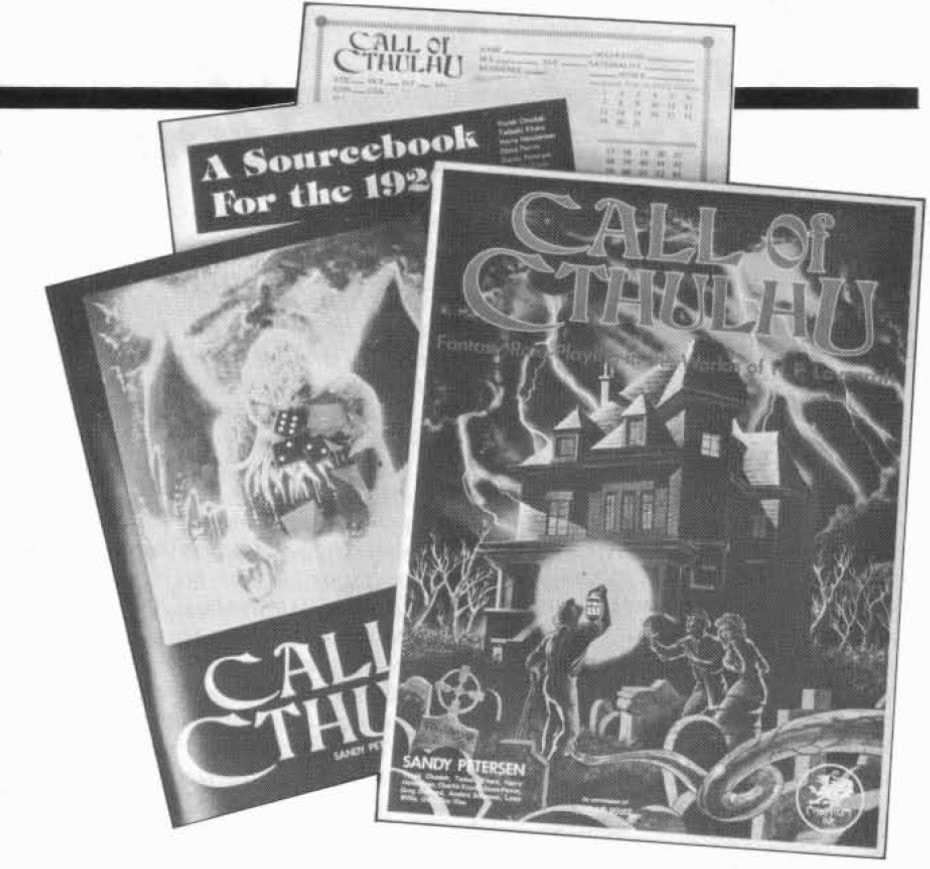
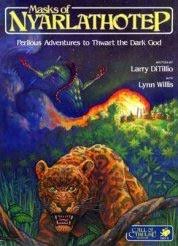
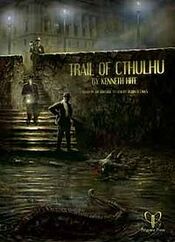
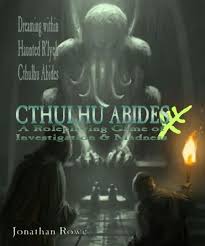
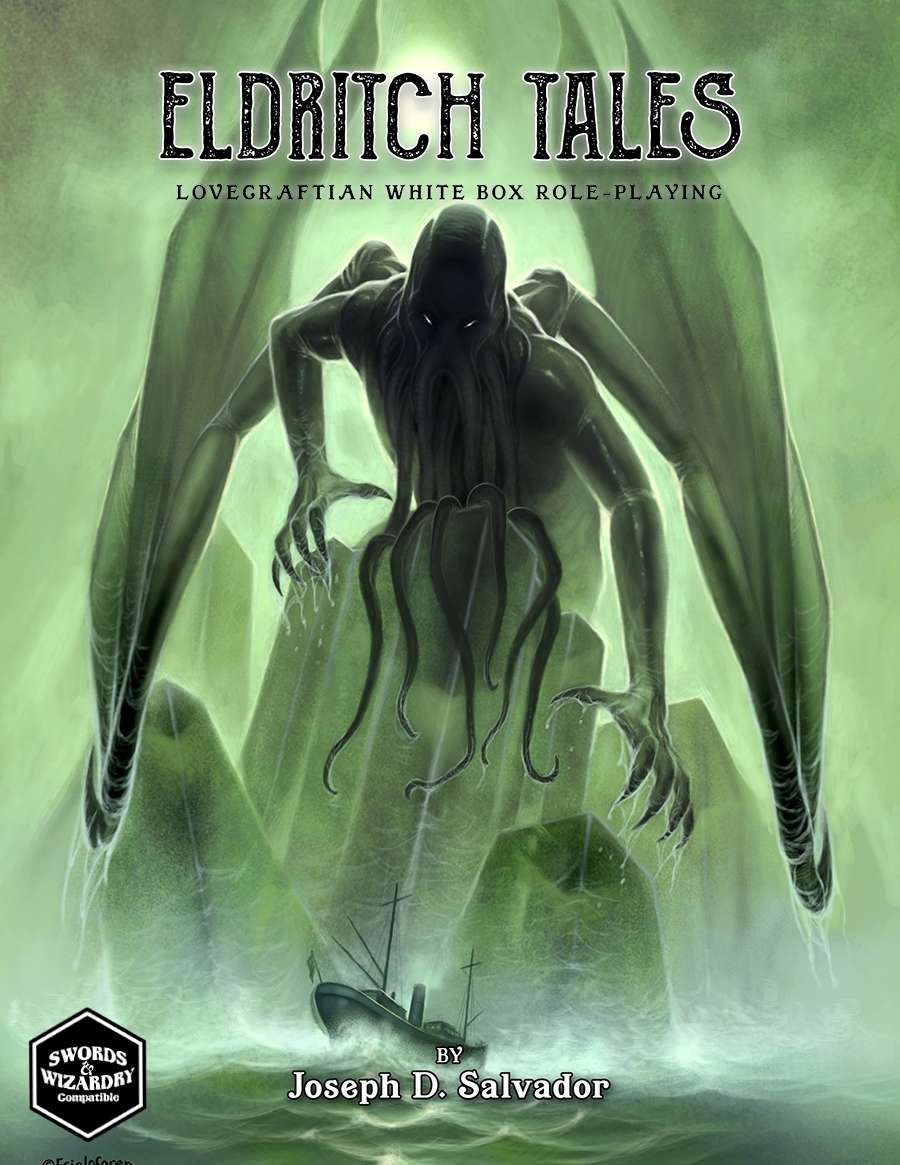
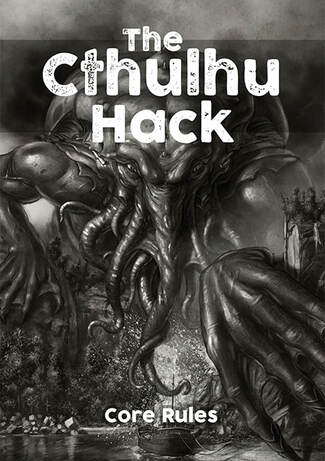
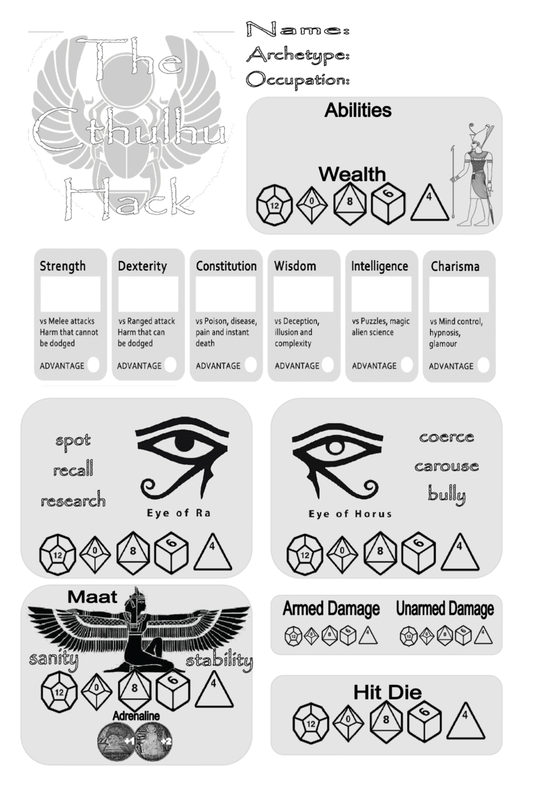

 RSS Feed
RSS Feed
